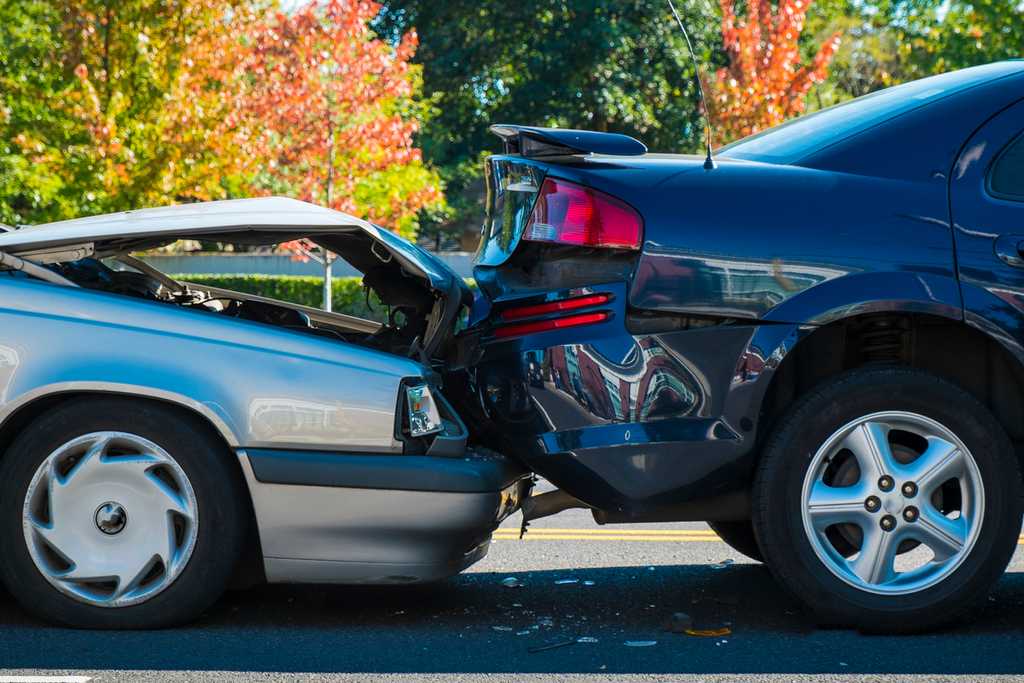When it comes to car insurance, there are three main types you can buy: liability, comprehensive, and collision. The latter two cover you in a variety of circumstances, including collisions with other vehicles, car theft, storm damage, and single-car accidents.
Let’s take a closer look at comprehensive and collision insurance to see why they are both important parts of a full-coverage car insurance policy.
What is comprehensive insurance?
Comprehensive insurance helps pay for reports if your car is damaged after a covered event. This event could include a tree falling on your car during a storm, you hitting a deer while driving, a fire or storm that causes your car to sustain damage, or your car being a victim of theft.
Let’s say a thief is going around stealing catalytic converters from cars and you’re a victim. Comprehensive insurance can help pay to replace this necessary car part. Similarly, if the thief steals your car, your comprehensive insurance can help pay for repairs if it’s found, or for a replacement if it’s not.
If your car is damaged by a disaster such as a flood, fire, or tornado, comprehensive insurance can help pay for its repair. Hail damage is a common claim for comprehensive insurance, and it’s especially important to be covered against hail damage if you park outside often.
What is collision insurance?
Collision insurance covers your car if it’s in a collision and is damaged. A collision could involve another vehicle, a static object like a tree or lamppost, or even a pothole. It can also cover so-called “hit-and-run” accidents where another driver dents your car and drives off without swapping insurance information.
Your car is also covered under collision insurance if you’re in a single-car accident that involves rolling over. While you didn’t collide with another vehicle or static object, it’s still considered a collision if you’re in a wreck like that.
What is the difference between collision and comprehensive insurance?
The main difference between collision and comprehensive insurance is in what they cover. Collision insurance covers damage to your car from colliding with another car or a static object, while comprehensive insurance covers a broad range of other events like theft, vandalism, fire, or storm damage.
There’s no overlap when it comes to collision and comprehensive insurance, so it’s important to have both if possible so you’re covered for any type of event that may happen to your car.
Do you need both comprehensive and collision insurance?
It’s a good idea to take out an auto insurance policy that includes both comprehensive and collision insurance. Bundling them with your auto liability insurance gets you what’s referred to as full coverage car insurance.
The reason it’s smart to have both collision and comprehensive insurance is because each covers different scenarios that could happen to your car. By taking out both types of insurance, your car is covered against a wider variety of events and the chances of you having to pay for repairs out of pocket are minimal. If you only have collision insurance and someone steals your car, you won’t be covered. Likewise, if you’re in an accident with another vehicle and only have comprehensive insurance, you’ll have to pay for the repairs to your own vehicle out of pocket.
It may also be required that you take out both comprehensive and collision insurance on your car if you’re leasing it or are still paying off a car loan. Your lender or lease company may require your car to be fully insured in order to loan you the car or the money to buy the car. But even if you own the car outright, it’s still a good idea to take out collision and comprehensive insurance if it’ll fit in your budget.
However, if your car is older and isn’t worth much, you might consider whether the insurance premiums for comprehensive and collision insurance are worth it. If your car is only worth $4,000 and your insurance deductible is $1,000, your maximum payout for a totaled car would be $3,000. Would you be able to get a new (or newer) car with that money or would it be better to put the money you’d spend on premiums into an emergency savings account to use as a down-payment on a car if yours is totaled?
If you’re considering taking out comprehensive and collision insurance, the first step is to talk to an insurance agent or broker to get some quotes. They can work with your budget to find the best policies for your situation so you can ensure your car is covered against as wide a variety of circumstances as possible.

